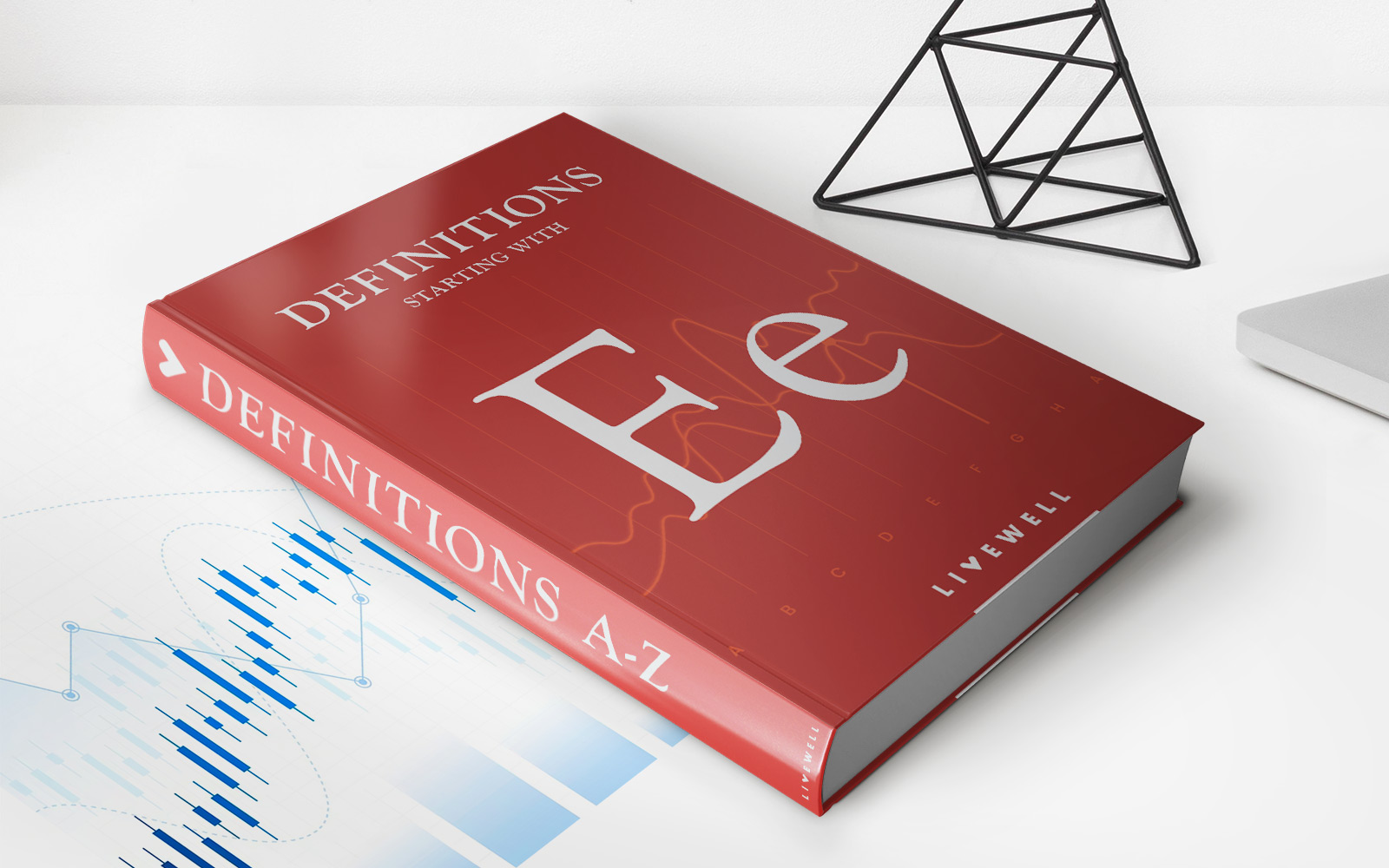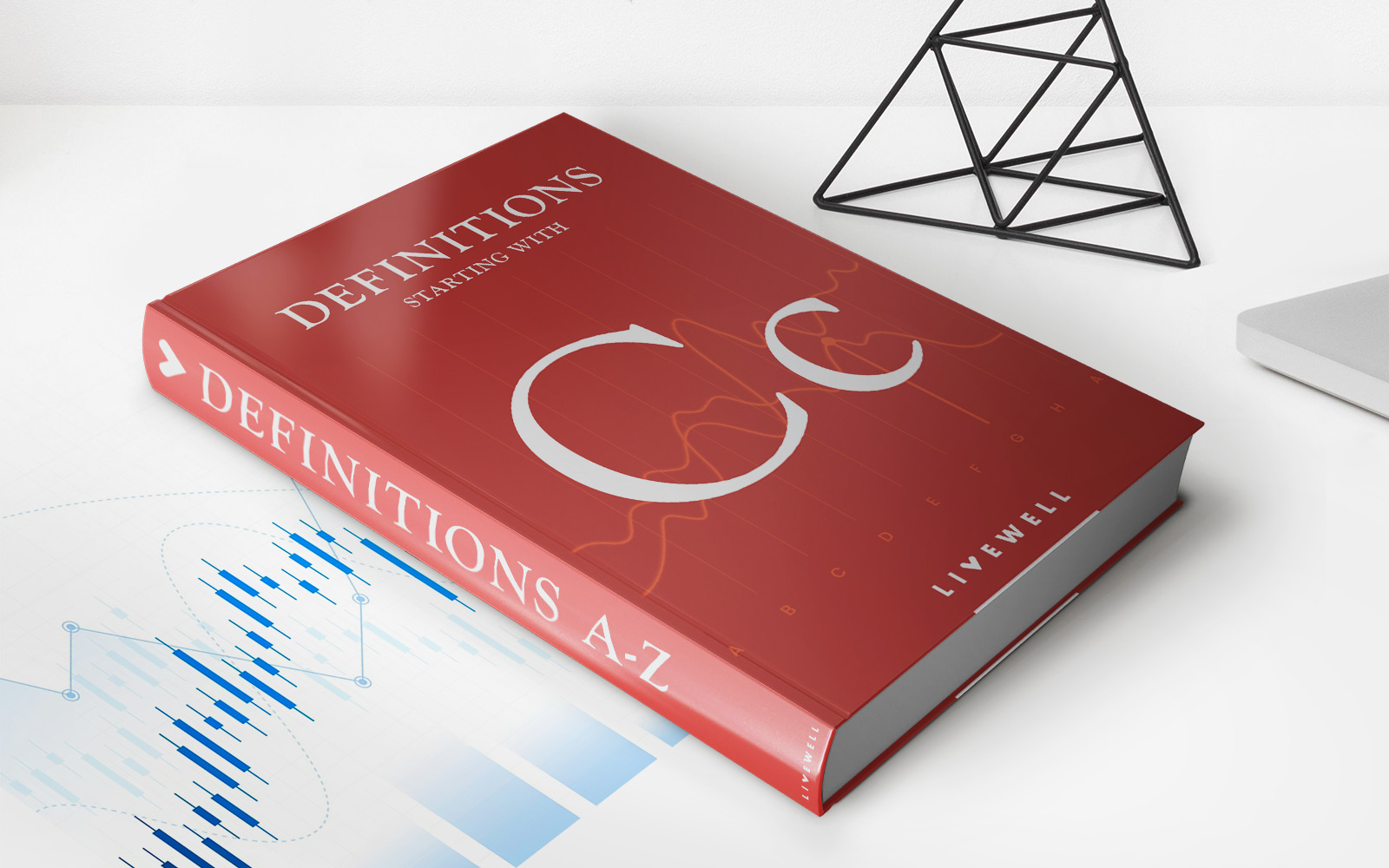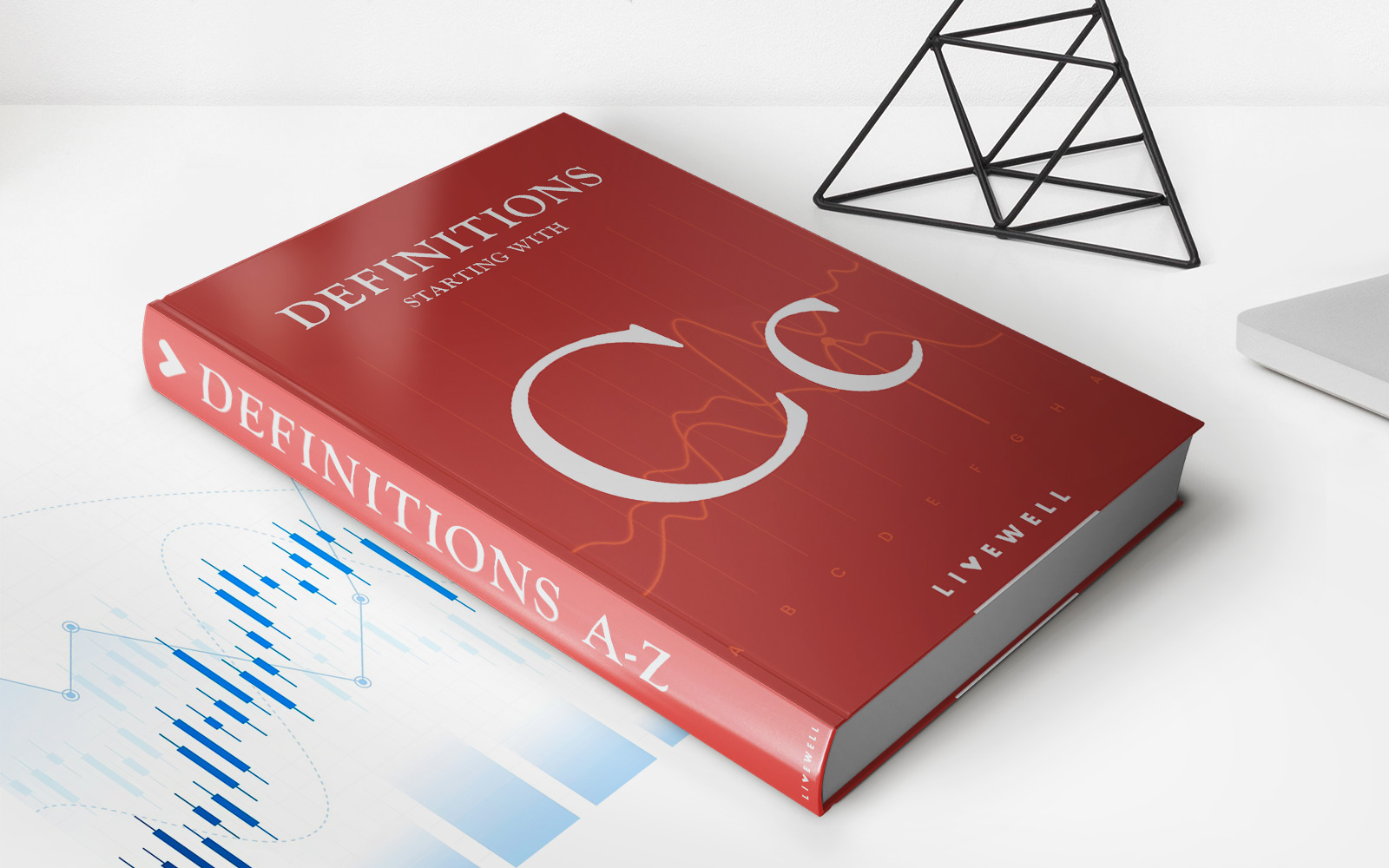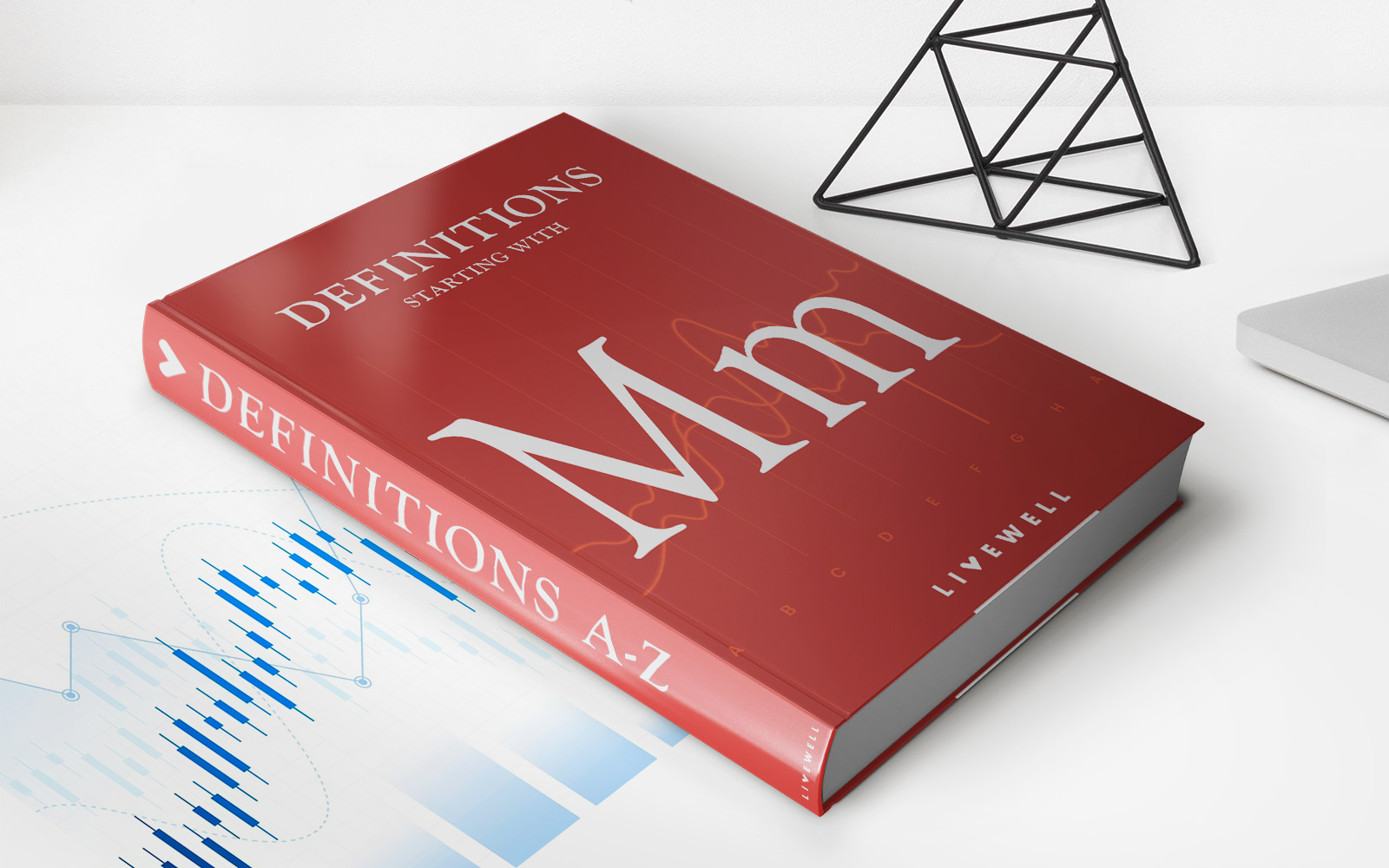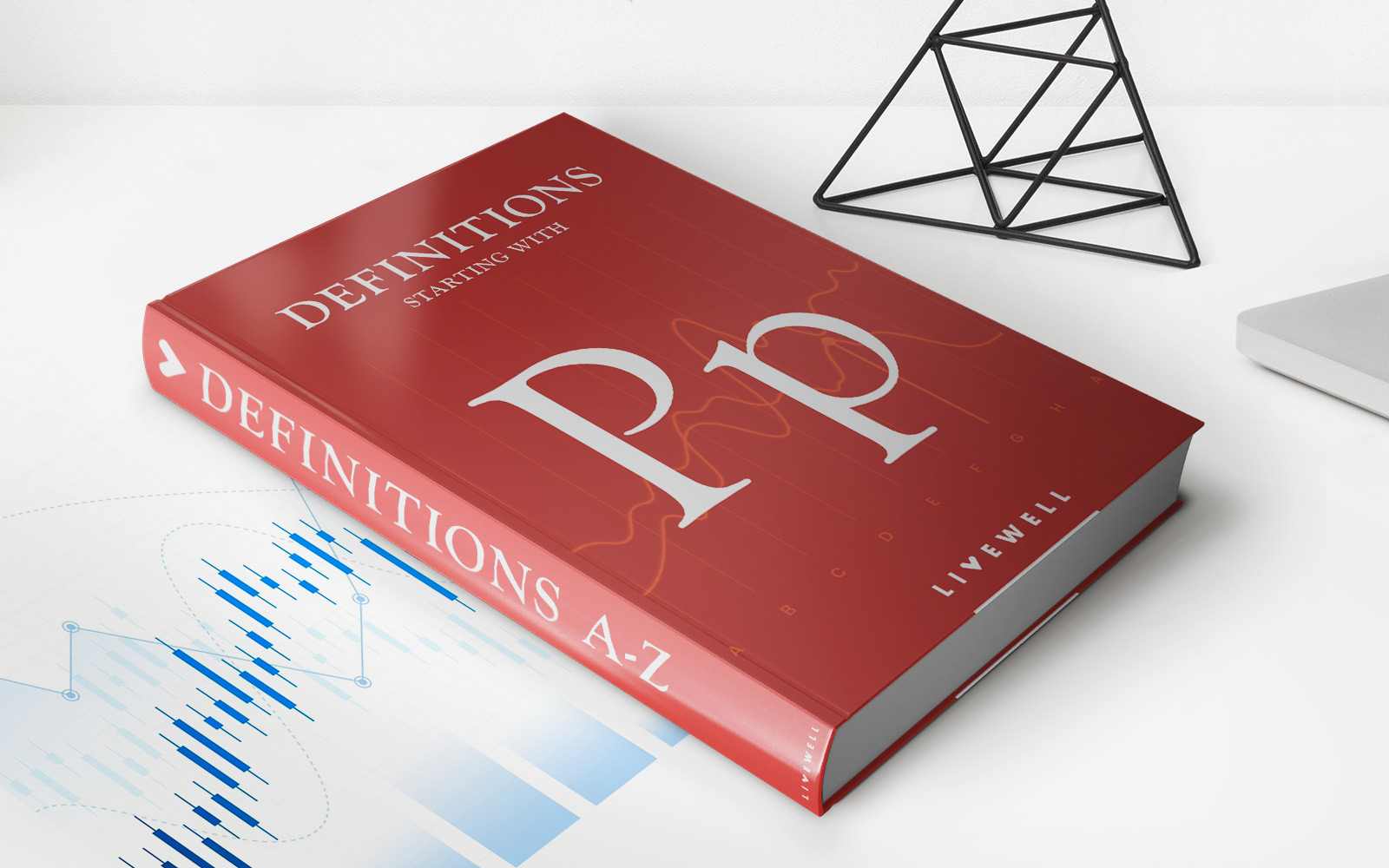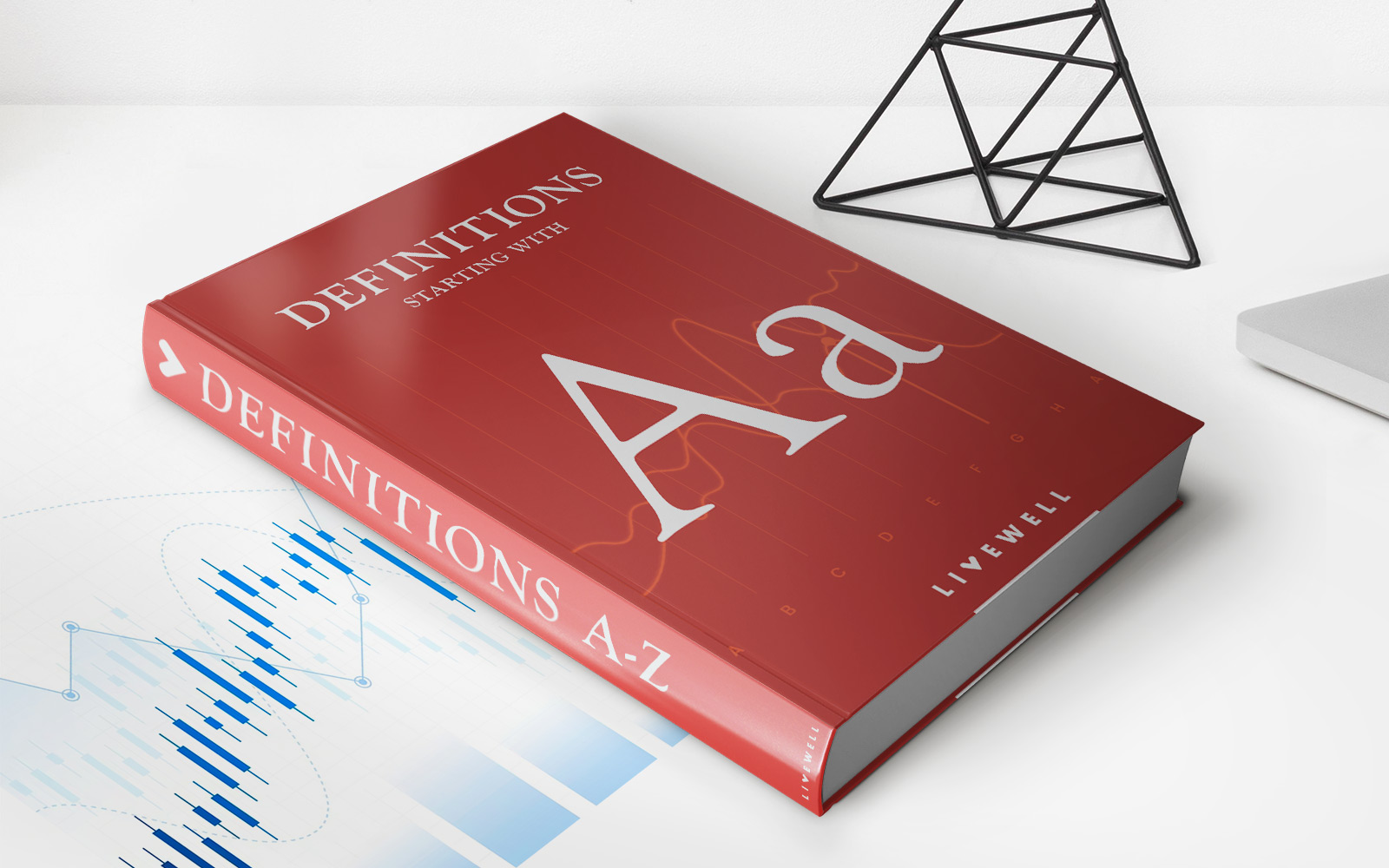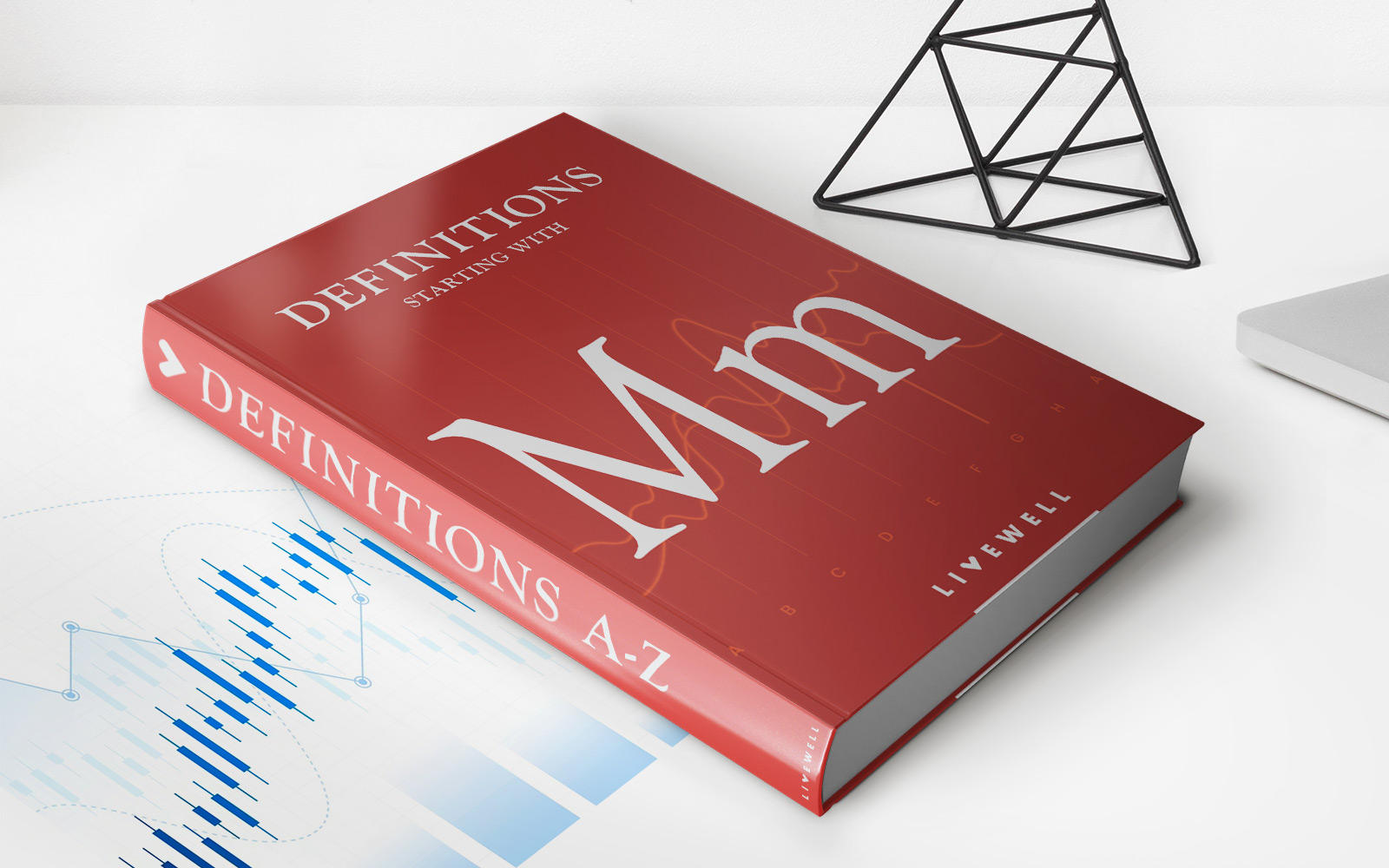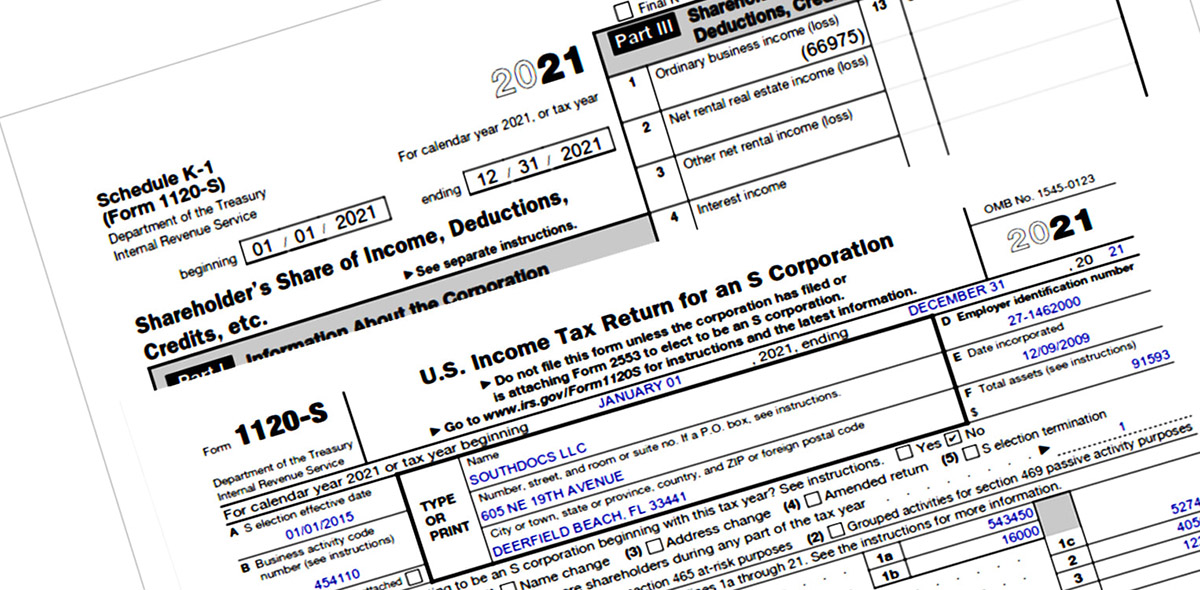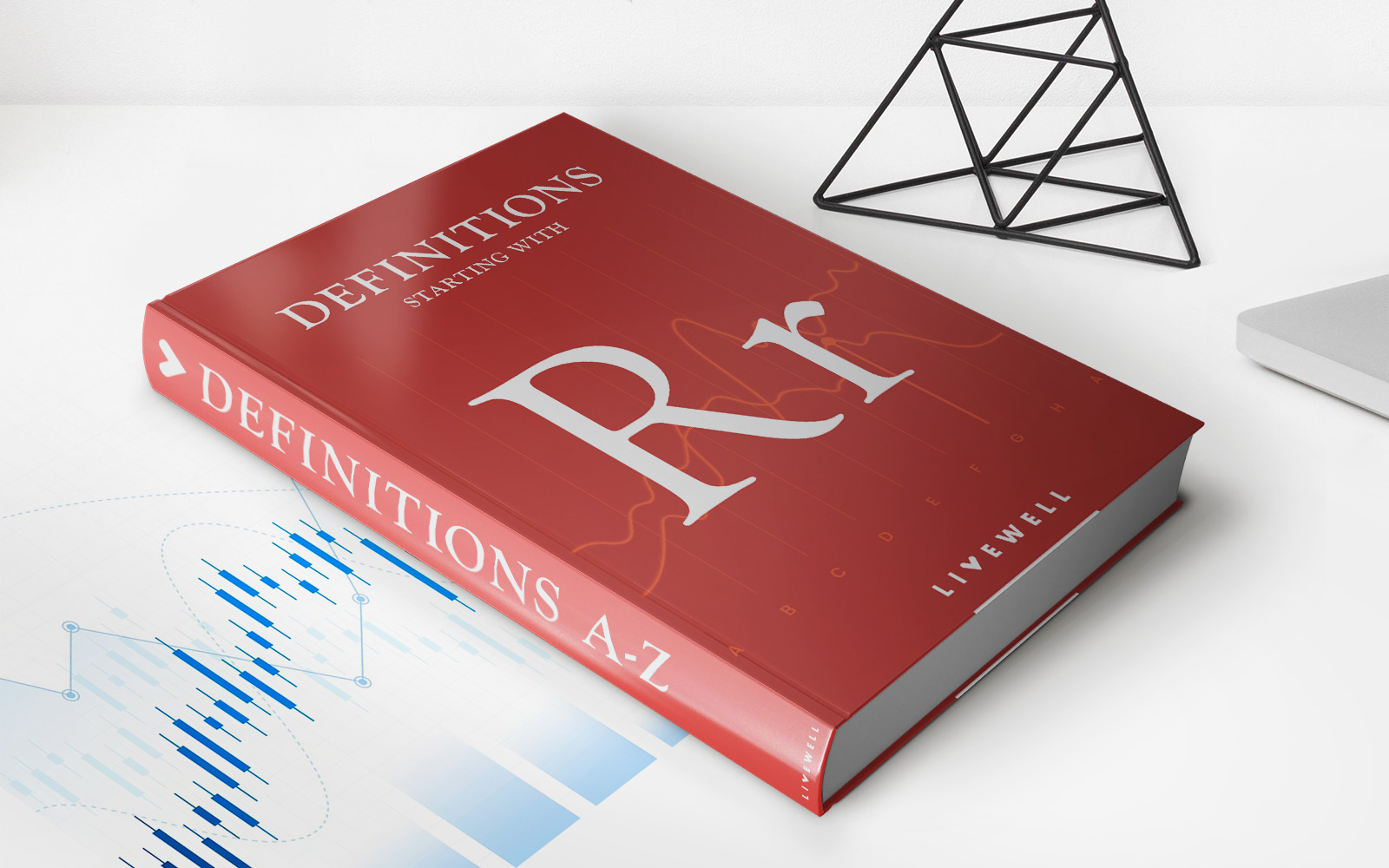Home>Finance>Education Loan: Definition, Types, Debt Strategies
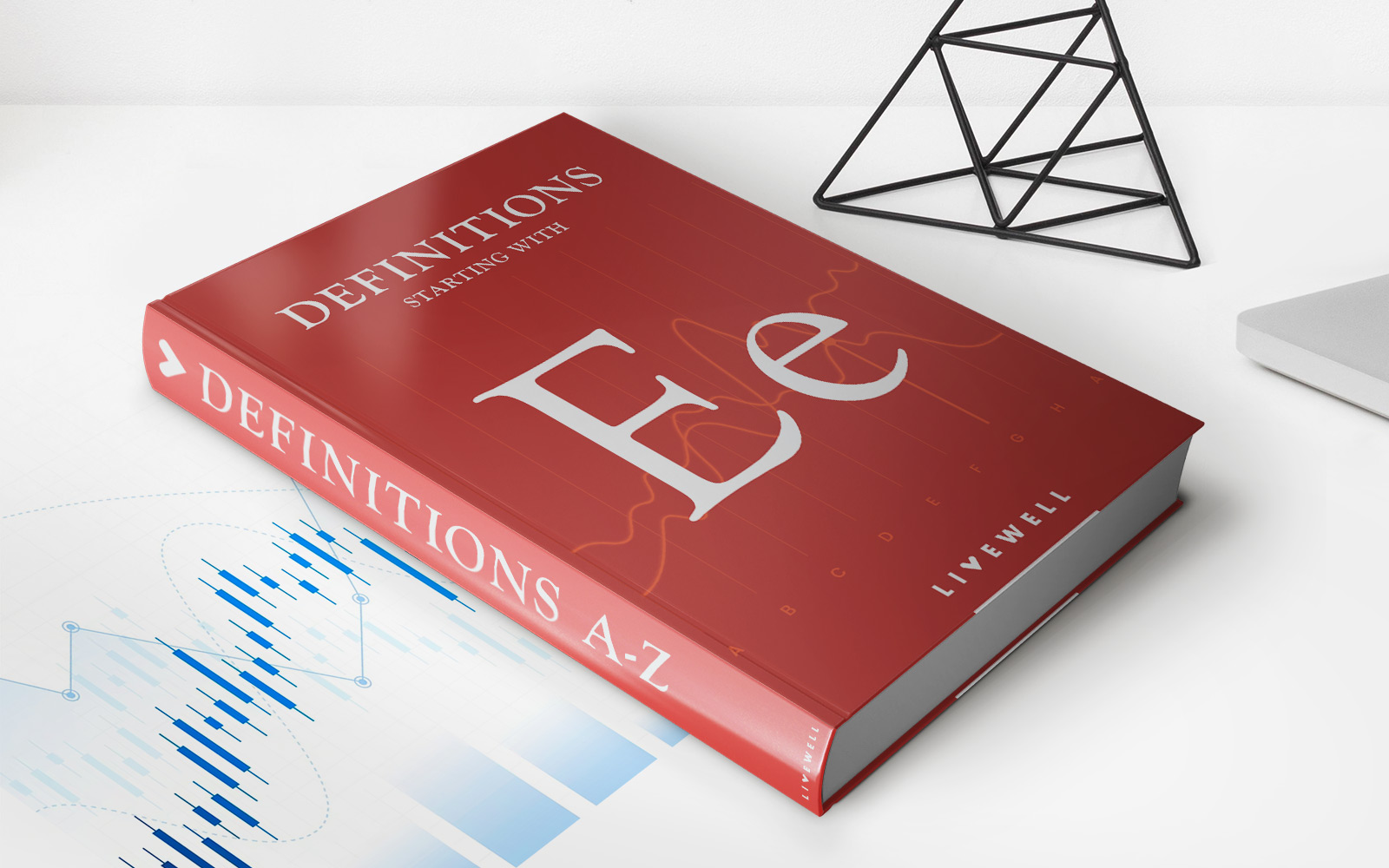

Finance
Education Loan: Definition, Types, Debt Strategies
Published: November 16, 2023
Looking to finance your education? Learn about the definition, types, and debt strategies for education loans in this comprehensive guide.
(Many of the links in this article redirect to a specific reviewed product. Your purchase of these products through affiliate links helps to generate commission for LiveWell, at no extra cost. Learn more)
Educational Loan: Definition, Types, and Debt Strategies
If you’re a student or a parent wondering how to finance your education, an educational loan can be a game-changer. But what exactly is an educational loan, and how can you best manage your debt? In this blog post, we will delve into the world of educational loans, discussing their definition, various types, and effective strategies for managing the debt so that you can make informed decisions for your financial future.
Key Takeaways:
- Educational loans are financial resources designed specifically to fund tuition fees, living expenses, and related educational costs.
- Understanding different types of educational loans and crafting an appropriate debt strategy are essential for managing your finances effectively.
What is an Educational Loan?
An educational loan, also known as a student loan, is a type of financial aid borrowed by students or their parents to cover the expenses of their education. These loans typically include amounts for tuition fees, books, living expenses, and other related costs. Educational loans serve as a lifeline for many students, enabling them to pursue their academic dreams without immediate financial burdens.
Types of Educational Loans:
There are various types of educational loans available to students and parents. Each loan differs in terms, interest rates, repayment options, and eligibility criteria. Here are some common types of educational loans:
- Federal Student Loans: Offered by the government, federal student loans often have lower interest rates and flexible repayment options. They can be need-based or non-need-based.
- Private Student Loans: Provided by private financial institutions, private student loans are generally credit-based and may have higher interest rates. However, they can be a valuable option when federal loans do not cover the full educational expenses.
- Parent PLUS Loans: Designed for parents, these loans allow them to borrow money to cover their child’s educational costs. Parent PLUS loans typically have higher interest rates compared to federal student loans.
- Consolidation Loans: A consolidation loan combines multiple student loans into a single loan, simplifying the repayment process and potentially lowering monthly payments.
Debt Strategies for Educational Loans:
While educational loans make education accessible, managing the associated debt is crucial for long-term financial well-being. Here are some debt strategies to consider:
- Create a Budget: Establish a budget to monitor and manage your income and expenses. This will help you identify areas where you can cut back and allocate funds towards loan repayments more effectively.
- Explore Loan Forgiveness Programs: Some professions, such as teaching or public service, offer loan forgiveness programs. Research and understand if you qualify for any of these programs to reduce or eliminate your loan debt.
- Make Timely Payments: Ensure you make consistent and timely payments towards your educational loans. This will prevent penalties, additional interest costs, and potential impacts on your credit score.
- Consider Loan Refinancing: If you have multiple loans with different interest rates, refinancing may be an option. By consolidating your loans or obtaining a new loan with lower interest rates, you can potentially save money and simplify your repayments.
- Seek Financial Guidance: Consulting a financial professional who specializes in educational loans can provide valuable insights and personalized strategies specific to your circumstances.
By understanding the definition of an educational loan, the different types available, and implementing effective debt management strategies, you can pave the way towards a financially secure future. Remember, education is an investment in yourself, and with proper planning, your loan debt need not be a barrier to your success.

